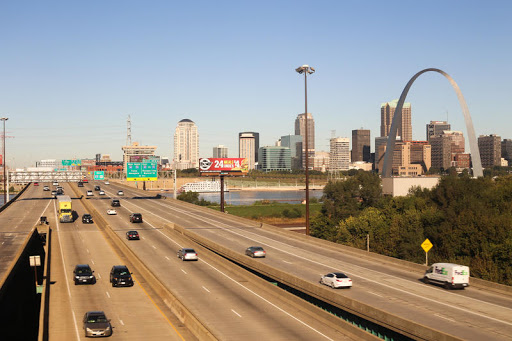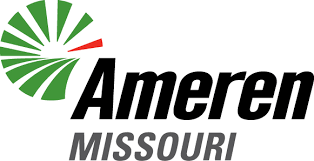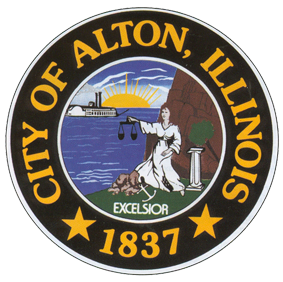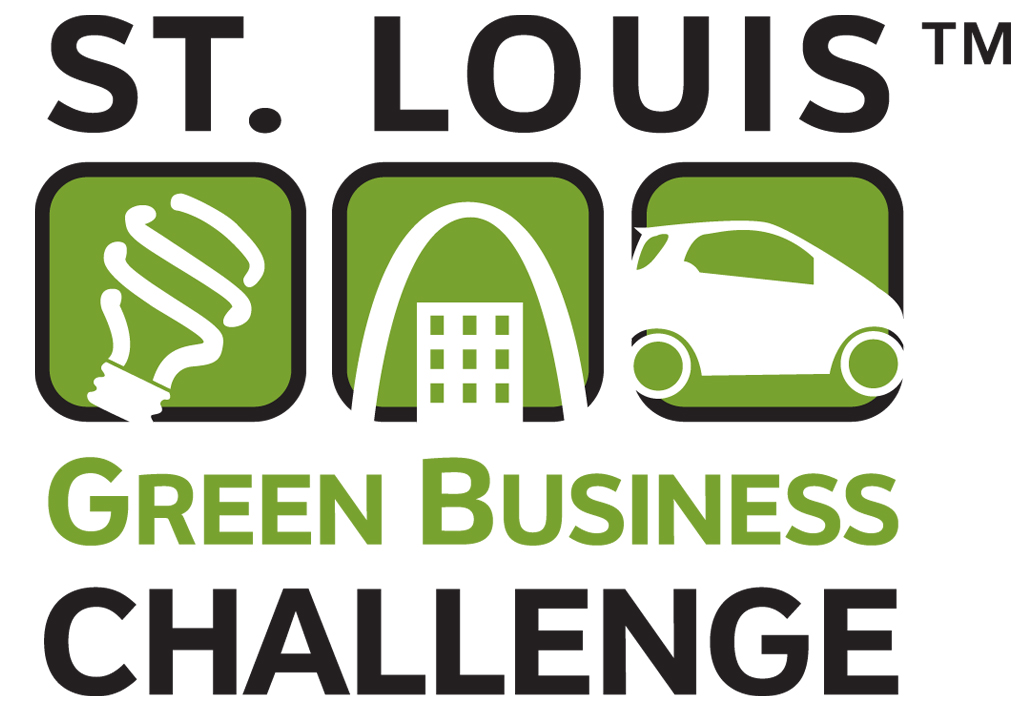With spring in full bloom and Earth Day right around the corner, it’s time to roll out the green carpet in honor of the holiday’s 51st anniversary on April 22. Though Earth Day has gone somewhat digital again this year with COVID-related concerns and municipal restrictions on large gatherings resulting in the cancellation of popular events like the St. Louis Earth Day Festival, a series of reimagined, socially-distanced celebrations will continue to help promote green living and inspire area residents to take action for environmental causes.
For starters, Earth Day Celebration Kits – sponsored by the Metropolitan Sewer District, Great Rivers Greenway, Metro Lighting and the St. Louis Aquarium Foundation – are available this week to pick up at several local establishments and include Baker Creek Heirloom Seed Packets, a collapsible metal travel straw, LED bulbs, a Build A Habitat Activity, free tickets to Trailnet’s Bike Scavenger Hunt, a map to Forest ReLeaf’s Great Tree Hunt and more. From now until April 25, select GDA-certified restaurants stretching all the way from St. Louis City to Ballwin will also offer special menu items in celebration of Green Dining Week, where 20% of the proceeds from sales will go to earthday365 and its programs like the Green Dining Alliance. The full list of participating restaurants can be found here.
On the morning of Earth Day, a virtual panel discussion on “Watershed Resiliency through Food Waste Reduction and Food Justice” will feature Maggie McCoy of the Earthways Center, Nick Speed of Ujima, and Tyrean Lewis of Heru Urban Farms. Viewers can expect to gain in-depth and personal perspectives from the panelists as they explore Food Waste and Food Justice in our watershed as part of the Global Freshwaters Summit. Rounding out the Resilience Speaker Series will be a keynote presentation on April 23 by Mary Ann Lazarus on “Resilience and the Power of Community”. This important conversation will focus on the power of community to strengthen resilience so that the St. Louis region can survive, adapt and thrive in the face of a changing future. Online registration for these virtual events is available here.
Additionally, EarthDay365’s Environmental Justice Days of Action series will culminate on April 24 with the Dutchtown Neighborhood Cleanup. In collaboration with the Community Improvement District of Dutchtown, Employment Connection and several neighborhood associations, event volunteers will do their share for cleaner air by providing much needed litter cleanup along the streets and alleyways. To further these green efforts and help reduce food waste going to the landfill, individuals that don’t have the ability to compost can also drop off their food scraps at the Tower Grove Farmers’ Market Food Waste Outreach Booth on Saturday from 8 a.m. – 12:30 p.m.
The good work for our planet doesn’t have to stop there as a wealth of resources are available to people all across the St. Louis region and beyond for celebrating Earth Day each and every day to help create a better world for generations to come. Incorporating a few simple lifestyle changes into our daily routines, such as walking and biking more, utilizing the region’s public transit system, combining errands into a single trip and avoiding vehicle idling, are all great ways to significantly help reduce harmful emissions and keep our air quality in healthy ranges.
To learn more about the link between living greener and our air quality, visit our website tips section at www.cleanair-stlouis.com, like us on Facebook or follow us on Twitter at @gatewaycleanair.










